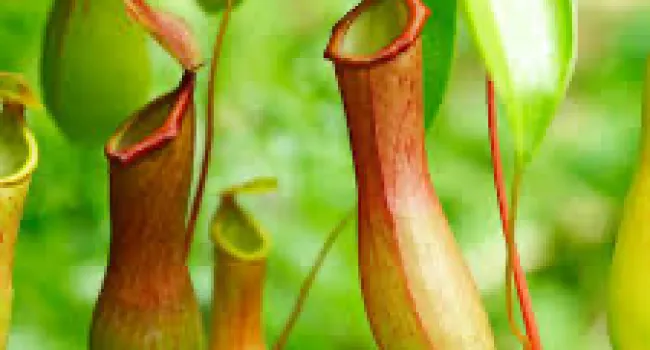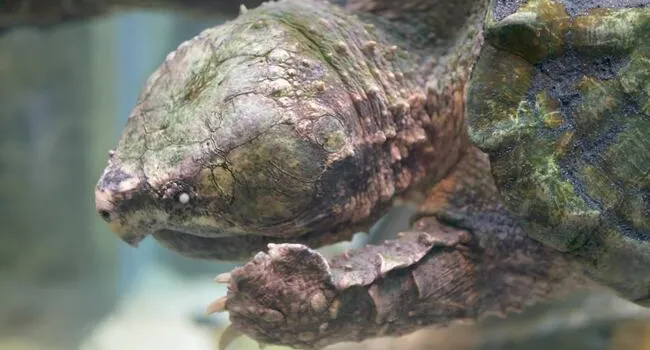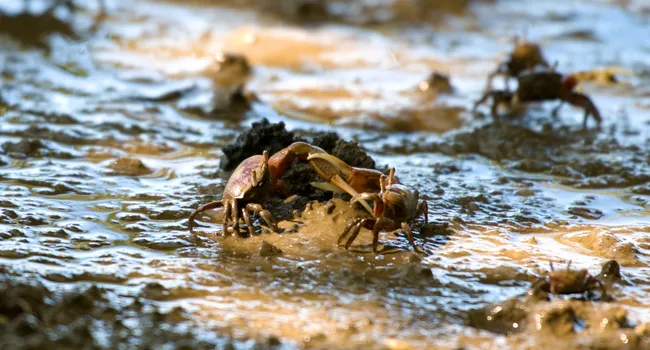
Mimicking Nature: Designing Solutions Inspired by Carnivorous Plants
Lesson
Students will use materials to design a solution to a human problem by mimicking how carnivorous plants use their external parts to help them survive, grow, and meet their needs








